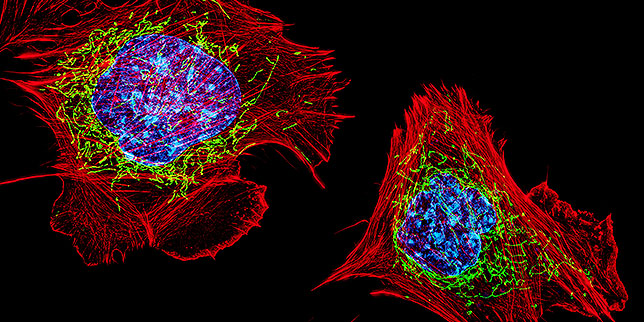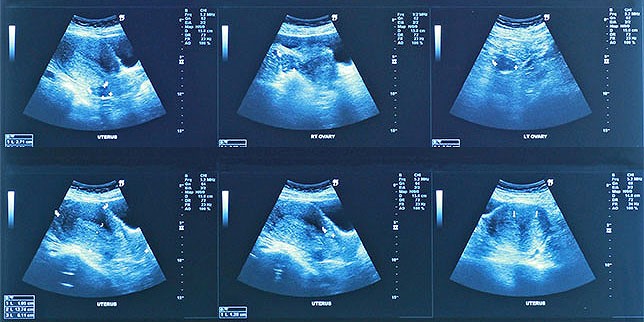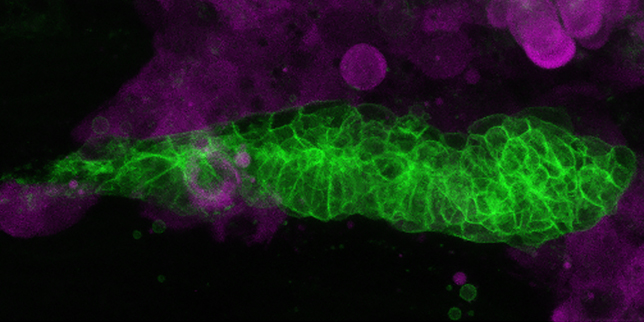Our mission is to plan and conduct the institute’s laboratory and clinical research programs to seek fundamental knowledge about the nature and behavior of living systems through basic, clinical, and population-based research and determine how to apply such knowledge to illuminate developmental origins of health and disease and help ensure that women and men have good reproductive health, that children are born healthy, and that people develop to live healthy and productive lives.
Thirteen affinity groups comprised of roughly 62 units and sections, as well as the Division of Population Health Research, constitute DIR.
DIR conducts laboratory, clinical, epidemiological, and statistical research programs to seek fundamental knowledge about the nature and behavior of living systems through basic, clinical, and population-based research. We use this knowledge to illuminate developmental origins of health and disease and to help ensure that women and men have good reproductive health, that children are born healthy, and that people develop to live productive lives. Research efforts are focused on the acquisition of information that will enhance our understanding of the biology of development and reproduction. Our research program emphasizes the importance of fundamental investigations into the physics, chemistry, and biology of cells, their component parts, and the processes that govern and regulate their function. As part of their investigative focus, the scientific researchers of DIR accord primary importance to the transmission of new information to future generations of scientists.
Highlights
- Annual Report of the DIR: Describes DIR investigators' activities and progress for the previous year
- DIR-Related NICHD News: Provides explanations of recent findings from DIR scientists





 BACK TO TOP
BACK TO TOP